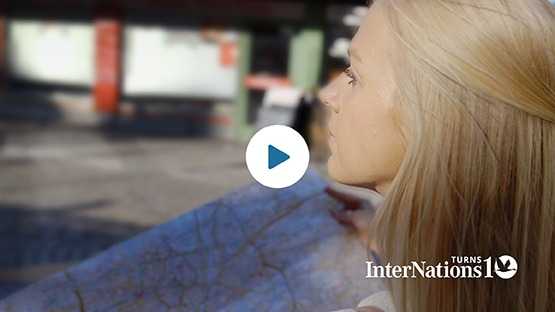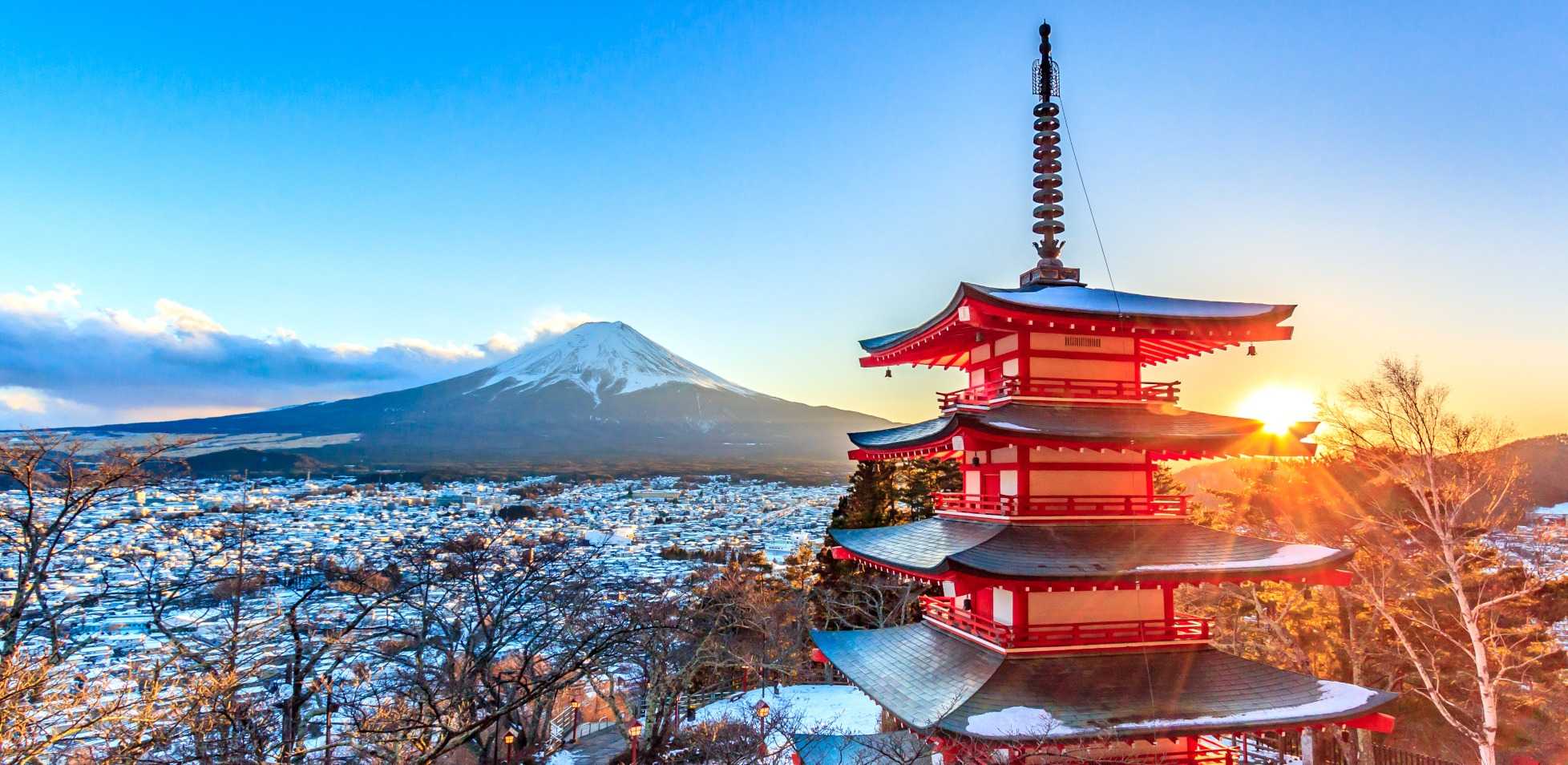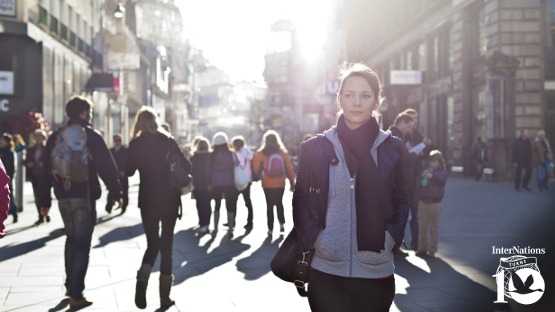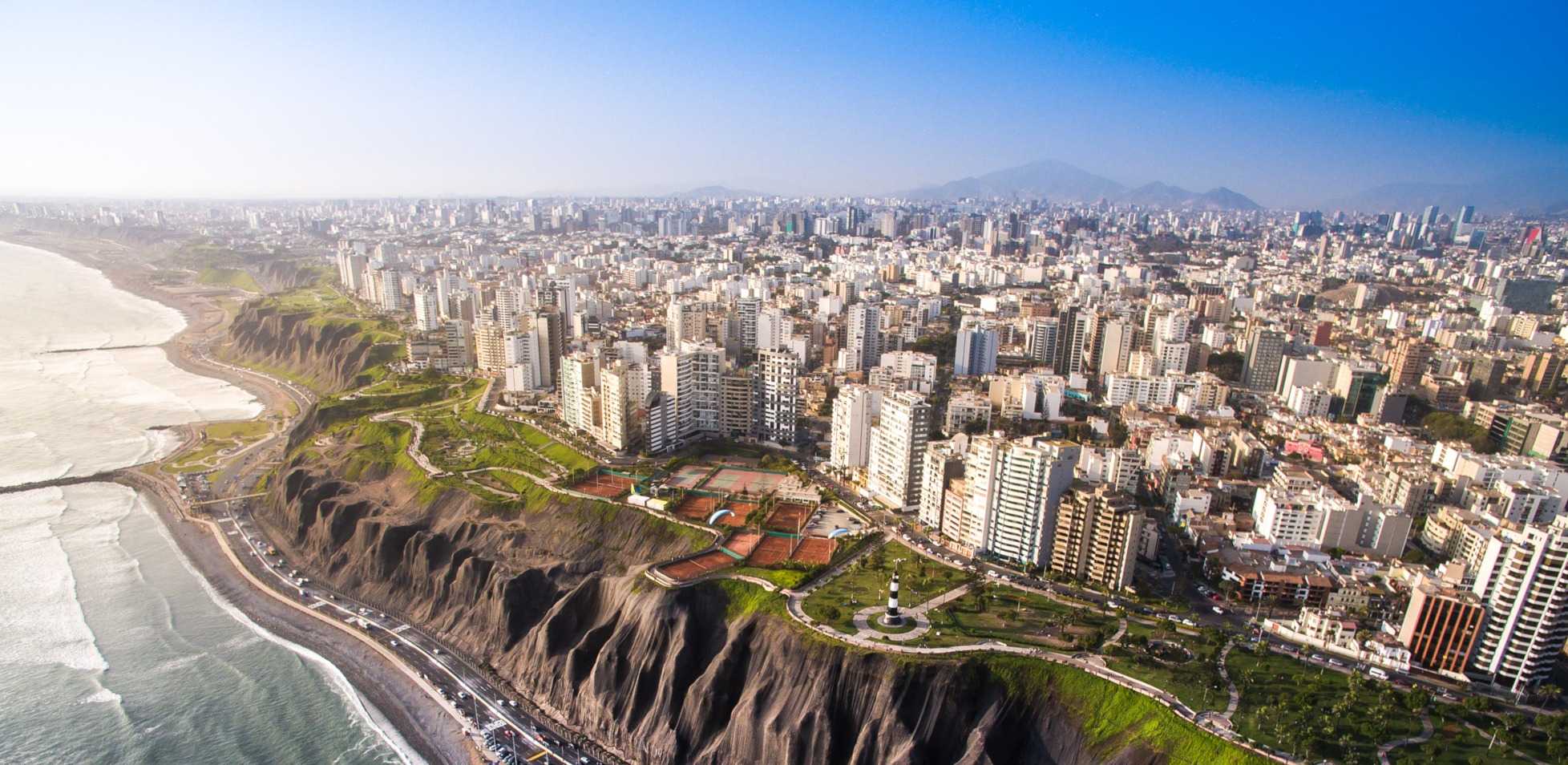Is Global Citizenship Possible? Reflections from a Former Expat in Thailand
I love Bangkok, a thriving, busy city where there is always something to do. It had always been a dream of mine to live in Thailand, and in September of 2011, that dream came true. I was happy to be in that beautiful country and I thought for sure I would have no trouble adapting to a new place.
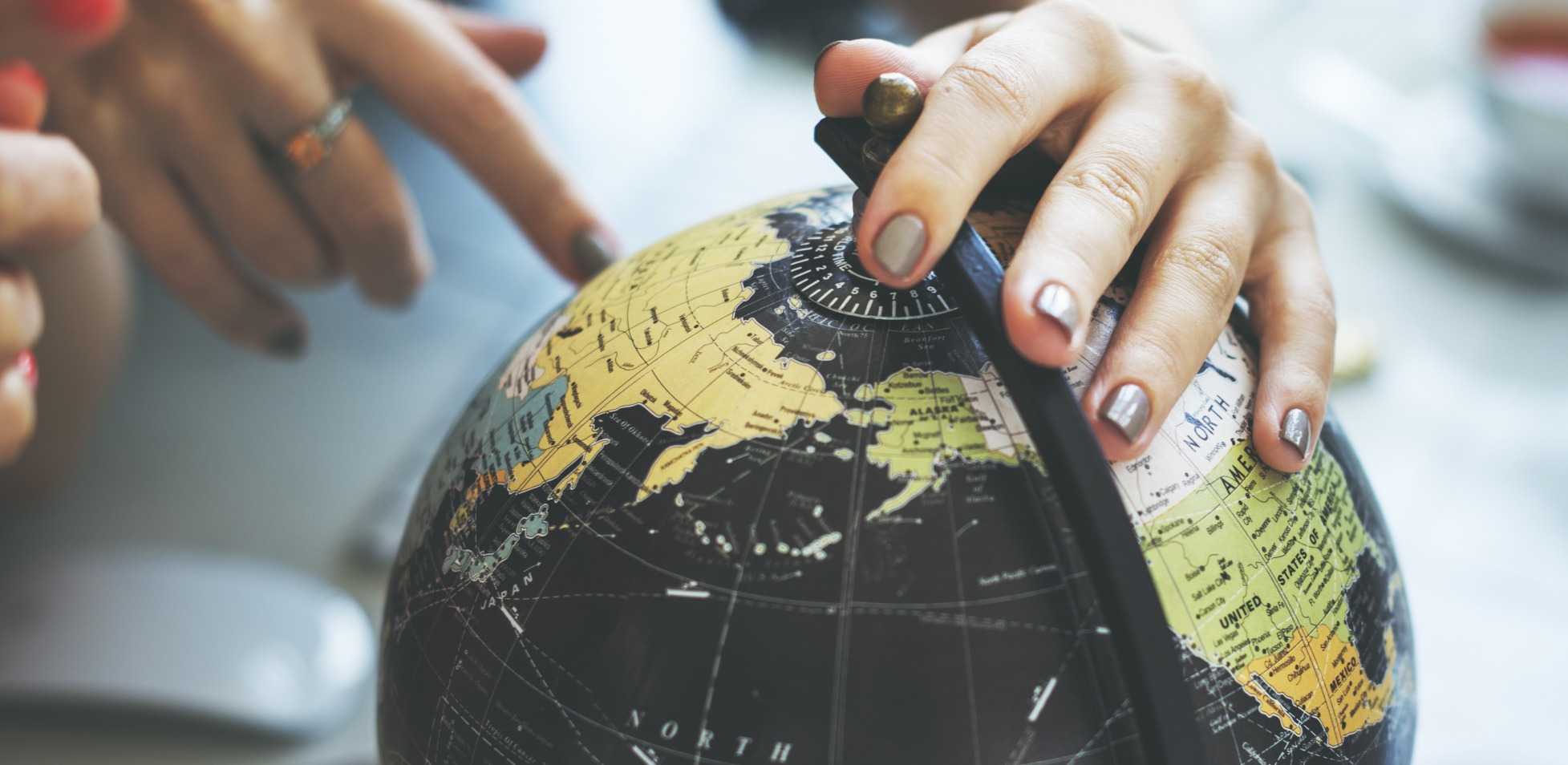
After all, I had travelled to Southeast Asia before and I never felt anything but love for the countries and the people I had visited. I was an intercultural studies student, and thought I was prepared to face anything that came my way with nothing but tolerance and acceptance. I was, in my mind, a global citizen, not held back by my nationality because I was primarily a citizen of the world, not my birth place. Instead I was spurred by the idea that my responsibility was to all humanity, not just those who shared the same passport as me.
Am I a Global Citizen?
Even though I believed in the idea of global citizenship, and believed I was a global citizen, not tied down by the cultural norms of my home country, there I was, on a hot day in Bangkok, acting upon my cultural assumptions and yelling at a customer service agent while accusing him of lying to me. The problem was that while I was used to direct communication from my home country, meaning people generally spoke their minds and spoke in a straight line, in Thailand the use of indirect communication is common. They prefer to speak in circles, favoring to save face rather than speaking straight. I knew this going in, and yet my cultural identity was so strong that I lost it when confronted with a situation that would have played out very differently in the Western society that I was used to.
This incident, while not one of my finest moments, has since caused me to reflect on what global citizenship really means, and whether it is truly achievable. While I still truly believe that we all have responsibility to all of humanity, I am not so sure anymore that I can be a citizen of the world above being a citizen of the country I was born in, and I’m not sure it is necessary. The one trait of global citizenship that I still believe in, and will always believe in, is that even though we can still be defined by the things that are important to us, including a love for our country, we need to learn to see humanity wherever it may appear, despite the differences there may be. However, I’m not sure that I need to be considered a citizen of the world over a citizen of my birth country in order to achieve this. I have discovered that I can care about humanity on deep level, I can care for orphans, teach English to impoverished children, and care deeply about the injustices I see in the world, all while remaining deeply rooted and proud of my home culture.
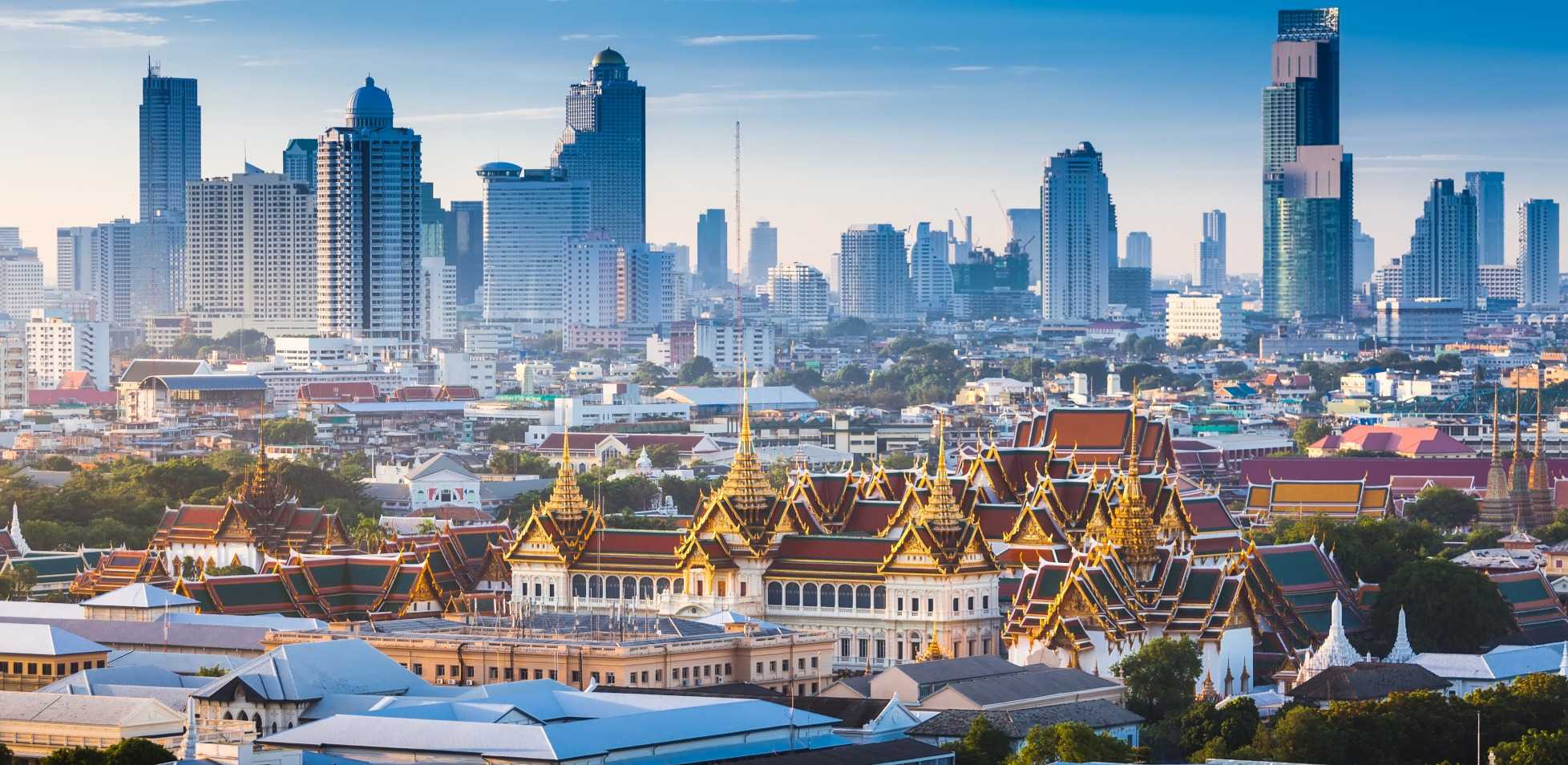
Global Citizenship vs. Global Responsibility
In the past, the idea of world citizenship was held mostly by an elite set, those who had the money to travel the world. As I reflect on this, I wonder if global citizenship is a Western construct, thought up by those who have the money to travel and experience the world. I have travelled extensively through Southeast Asia and China, and in all my travels I have never had anyone who wasn’t from a Western background bring up the topic.
I will most likely no longer refer to myself as a global citizen, and I believe that there is no need to distance ourselves from the countries of our birth to embrace a citizenship to the world as a whole. That being said, I do however, believe the world would be a better place if we started to care about all of humanity, and see the beauty in our differences instead of fearing them or being indifferent. I am not so sure global citizenship is necessary; instead I propose global responsibility, and the possibility that the world can become a better place because there are people all over the world who care about humanity as a whole.
Advertisement
About Angela Schulz
Angela Schulz is a former expat in Bangkok, now a Masters student studying Intercultural and International communication in her home country of Canada. She loves to travel and is passionate about social justice.
Article topics
Related articles
Life Begins Where Familiarity Ends
InterNations has over 2.8 million members, each with their own reason for making the often difficult decision to move abroad. We wanted to hear more about what drove them to become an expat and modern-day pioneer.
From a West Island to an East Island Girl!
For Khematee, moving to Japan was a smooth experience. Although luck was definitely on her side, there were some things that required some mental adjustment and resilience on her side. Read Khematee’s story on how she turned from a West island to an East island girl.
Why Expats Are Modern-Day Pioneers
From seventeenth-century settlers searching for the new world to the scientists behind groundbreaking discoveries, pioneers dominate the history books. Though their adventures may be very different, what unites all pioneers is a sense of adventure. It’s that same spirit that defines an expat.
A Temporary Expat Life
InterNations member Claire knew that her assignment in the USA was just temporary, so she decided to make the best of it. In this article, she shares her experience and how she turned a three-year stay abroad into one big expat adventure.
Stuck in Peru: How COVID-19 Delayed Our Moving Plans
InterNations member Chris and his wife had solid plans of leaving Peru to start a new life in another country. When the COVID-19 pandemic reached the country, everything was put on hold and even visiting family in the UK became impossible. Here, Chris tells us how their plans changed.
